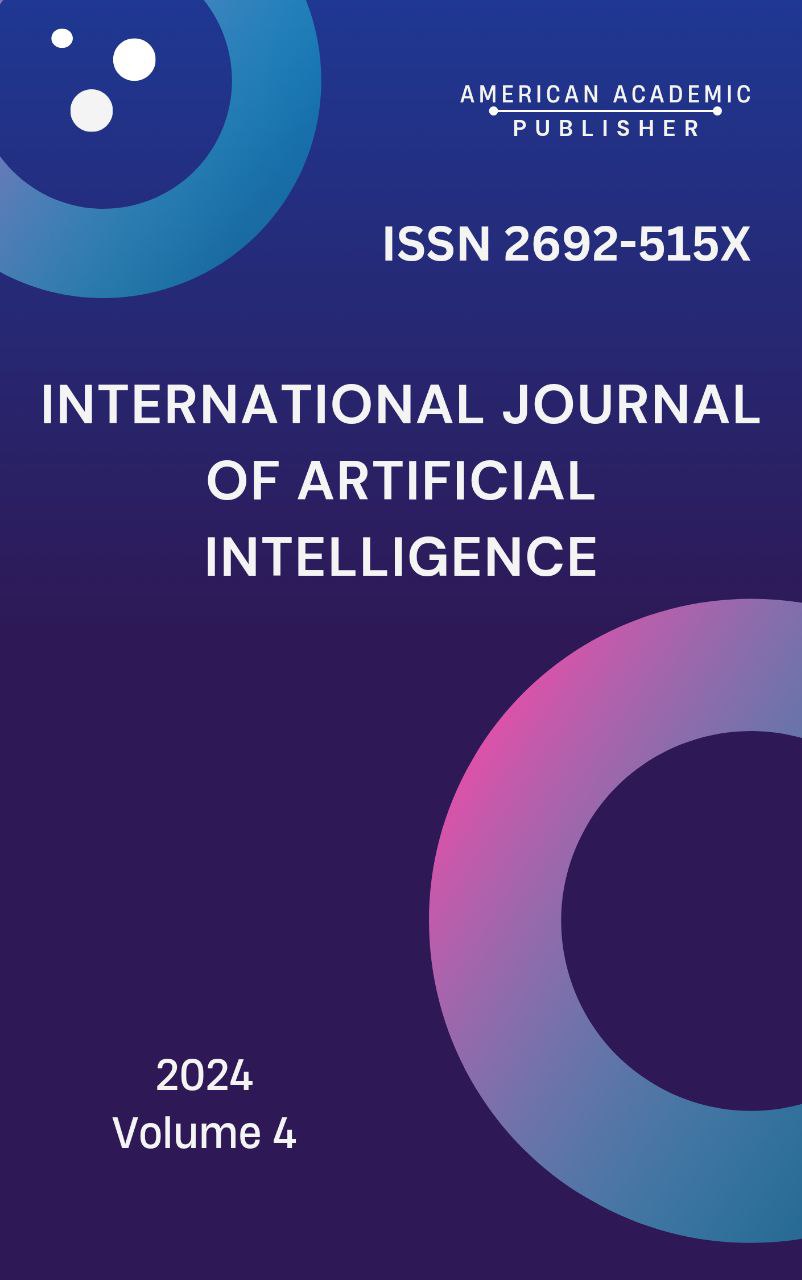 Articles
| Open Access |
Articles
| Open Access | THE USE OF WORKS OF EASTERN THINKERS IN THE EDUCATION OF STUDENTS
Farida Oktamovna Egamberdiyeva, Iroda Khalilovna Meliyeva , Professor of the Oriental University,Master's Student of the Oriental UniversityAbstract
This article analyzes the importance of using the works of Eastern thinkers in the education of students. Eastern philosophers, particularly Ibn Sina, Al-Farabi, Al-Farg‘oni, and other great thinkers, proposed important ideas regarding human education in their works. The article discusses the impact of these works on the educational and training process, their role in the moral and spiritual development of students, and how they can be effectively used in the modern educational system. The article also reflects on how the ideas of these thinkers can influence students today, considering historical and cultural contexts.
Keywords
Eastern thinkers, education, teaching, Ibn Sina, Al-Farabi, moral development, cultural heritage, student upbringing
References
Ibn Sina. (2003). The Book of Healing (X. Ahmedov, Trans.). Tashkent: Sharq.
Al-Farabi. (2001). The Virtuous City (M. Usmonov, Trans.). Tashkent: Uzbekistan.
Nizamuddin Kubro. (1997). Nafas ul-‘Arayish (A. Zokirov, Trans.). Tashkent: National Literature.
Al-Ghazali. (2010). The Revival of the Religious Sciences (S. To‘raev, Trans.). Tashkent: Yangi Avlod.
Bobur, Z. (2015). The Role of Eastern Thinkers in Education. Tashkent: Akademnashr.
Article Statistics
Downloads
Copyright License

This work is licensed under a Creative Commons Attribution 4.0 International License.

